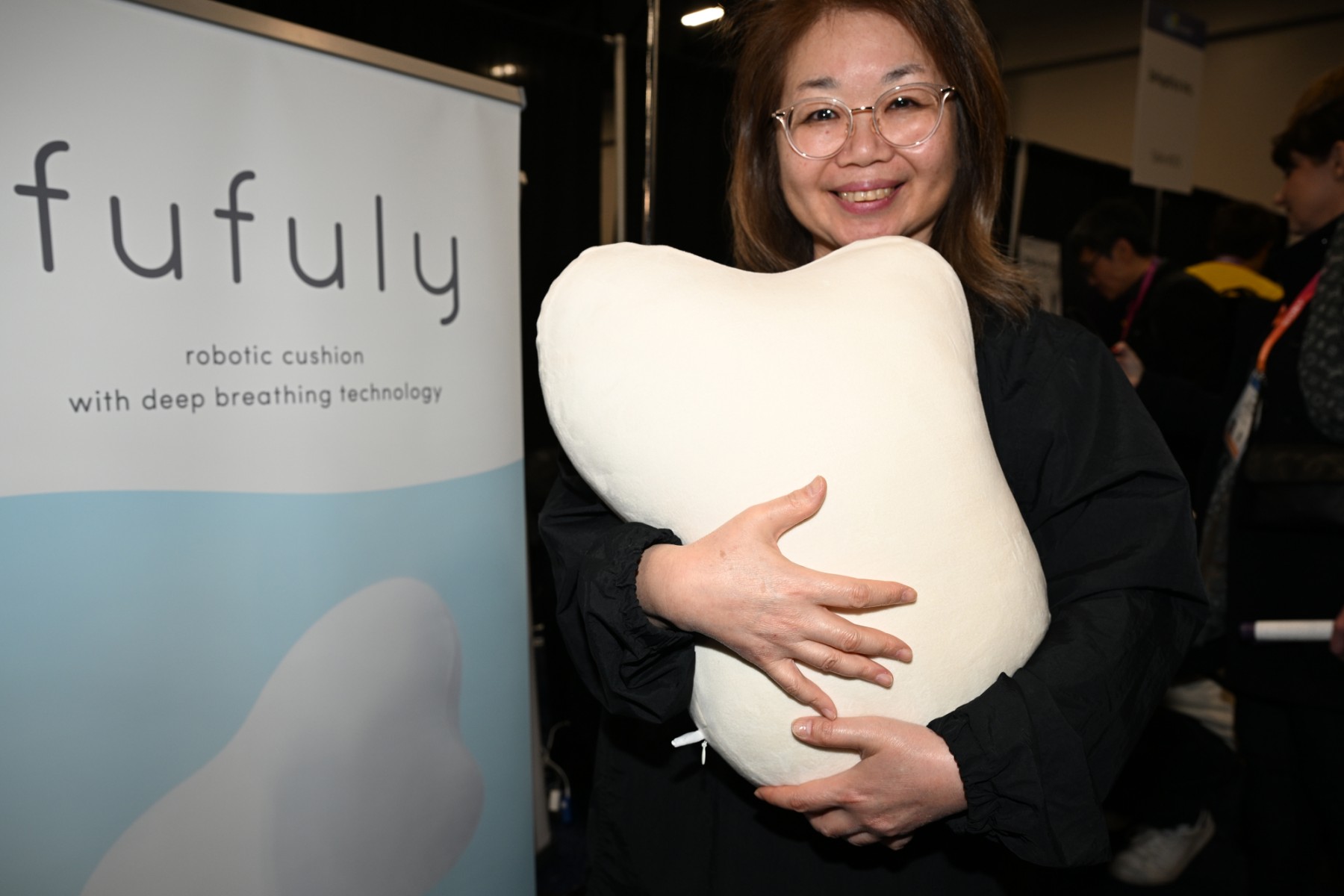Legislators in the European Union agreed on revisions to proposed artificial intelligence regulations on Wednesday.
This included a prohibition on the technology’s use in biometric monitoring and a requirement that generative AI systems like ChatGPT reveal information created by AI.
The EU Commission’s proposed major legislative revisions to safeguard citizens from the risks of technology may cause a rift with EU nations that oppose a complete ban on AI usage in biometric monitoring.
Top AI researchers and business executives, including Tesla’s Elon Musk and OpenAI’s Sam Altman, have raised concerns about the possible threats posed to society as a result of the rapid adoption of Microsoft-backed OpenAI’s ChatGPT and other bots.
“While Big Tech companies are sounding the alarm over their own creations, Europe has gone ahead and proposed a concrete response to the risks AI is starting to pose,” said Brando Benifei, co-supporter of the bill said.
Legislators in the European Union want, among other things, companies working on “high-risk applications” to do fundamental rights impact assessments and review environmental impacts, as well as for companies utilising generative tools to disclose any copyrighted material used to train their systems.
Systems like ChatGPT would need to identify AI-generated content, aid distinguish between deep-fake and real photos, and provide safeguards against illicit content.
Microsoft and IBM applauded the most recent action taken by EU parliamentarians but anticipated that the proposed legislation would still need to be improved.























